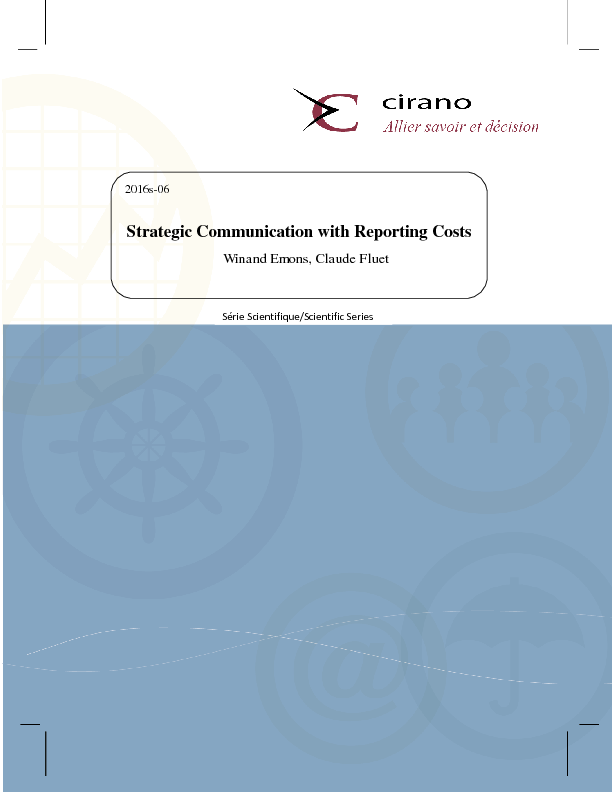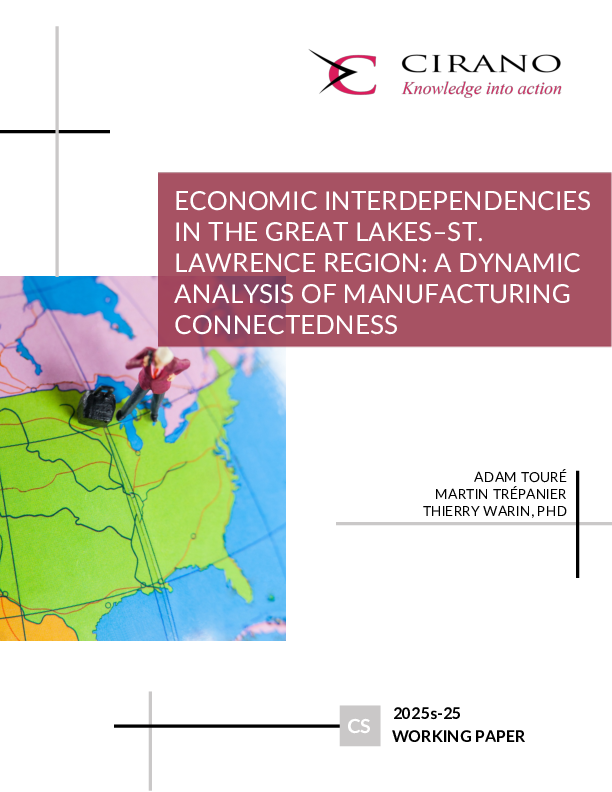Strategic Communication with Reporting Costs
A
decision-maker relies on information of parties affected by her decision. These
parties try to influence her decision by selective disclosure of facts. As is
well known from the literature, competition between the informed parties
constrains their ability to manipulate information. We depart from this
literature by introducing a cost to communicate. Our parties trade off their
reporting cost against the effect on the decision. Typically, they never reveal
all information. A better outcome may be implemented if the decision-maker
adopts an active stance by barring one party from reporting or through cheap talk
allowing coordination on a particular equilibrium.
[ - ]




